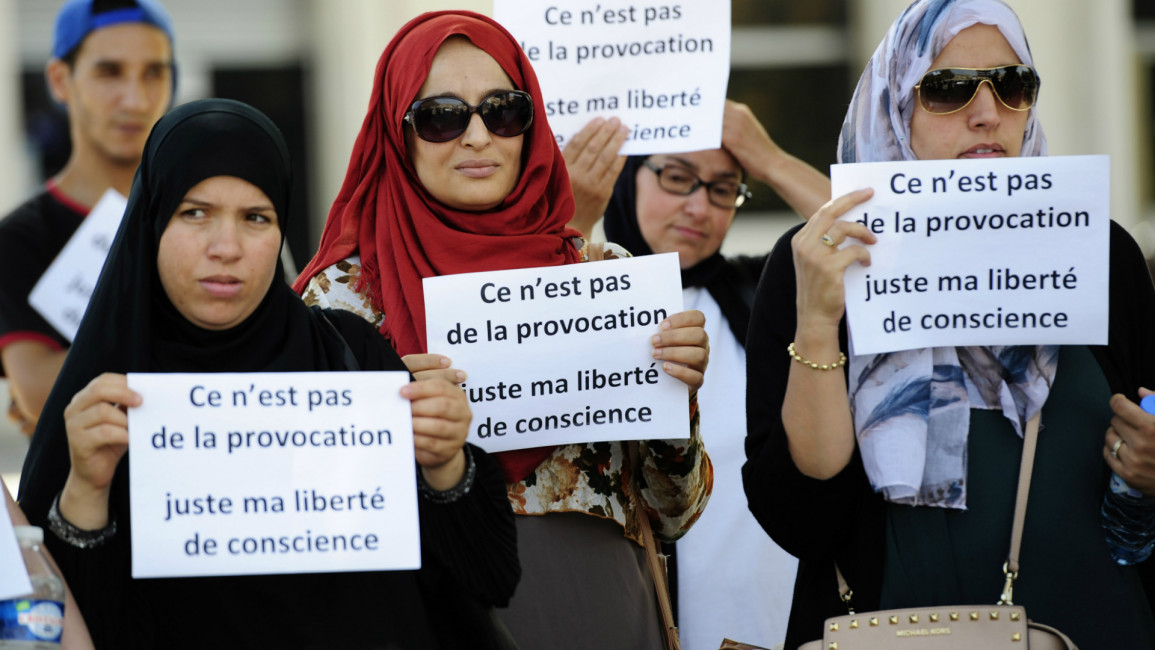
Hair, hijabs and the latest Saudi religious police study
With reforms sweeping the kingdom, including some affecting women, a study like this may seem crucial to some as women in Saudi Arabia are calling for increased autonomy over their lives, and the ability to make personal choices, including driving and wearing a hijab.
The outcome of the study and its impact on women in Saudi Arabia will only be known for sure once it is published. It could shock us with a conclusion advocating the right for a woman to wear whatever she wishes, or it could be a study that ultimately aims to “remedy” unveiled women.
Though, rather than “studying” women, would it not be better to listen to them? Or at least not arrest them when they campaign against strict laws on women?
There is no need to study, or understand the reasons behind women unveiling. A woman who chooses to not wear a veil is a woman who chooses not to veil – it’s that simple.
The surge of women are campaigning to wear what they wish, or to obtain other rights that the Saudi government has stripped them of.
Such studies cannot happen successfully without deconstructing pre-existing biases of those conducting the study. In this case, as long as women are shamed for what they wear by the religious police, the study cannot be objective.
It will harm women if the ontological outlook of the researcher continues to be plagued with narcissism and self righteousness, because the attitudes of the researcher will reflect in the study.
Stealthy seductress of sin?
If the religious police want to understand women, the first form of reflection they must undertake is self-reflection. They must examine their own institution and understand why their objectification and relentless shaming of women is wrong.
They must understand that women who show their hair are not seductresses, or lure men into sin – they are simply women who do not wish to veil, for whichever the woman chooses.
They must also understand that if a woman chooses to not wear a hijab, she is not under the influence of a Western conspiracy against Islam, and she is as Muslim as she identifies herself as.
Women are not the lab-rats of society. Our patterns do not need to be monitored and understood. Our demands, regardless of our race, age, or class need to be heard and met.
There will always be debates within the female community, especially on the topic of hijab. However, this does not give anyone the right to tokenise female figures to emphasise a pre-existing bias, or to "study" the attitudes surrounding women without putting political agendas to the side.
Such studies are futile. Without self-reflection, they are patronising and have no genuine purpose for them to be counter-productive. There is no room for a male-dominated institution which shames women under the guise of religious piety has no room to perpetuate its agenda in gender studies. It is not only insulting to women, but it is dangerous.




